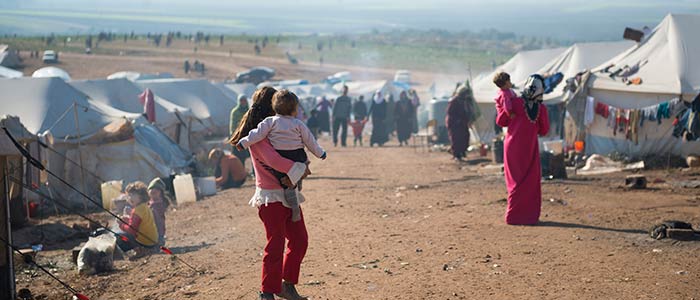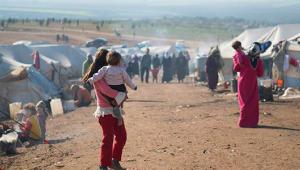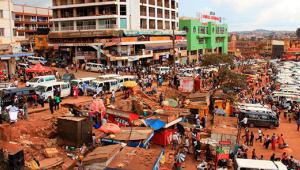As many as 19 million people are said to have been displaced since the conflict in Syria began in 2011, with many fleeing to neighbouring countries including Jordan and Lebanon where both refugee agencies and city authorities have struggled to cope.
Announcing the new funding allocation to Jordan, Christos Styliandes, European commissioner for humanitarian aid and crisis management, said: “The coming winter will bring additional hardship to the most vulnerable Syrian refugees...so we are stepping up our humanitarian aid.
“The funding will help cover the basic needs of refugees and host communities such as housing, clean water, shelter, rent and accommodation.”
Jordan is set to receive €28m while Lebanon, where Syrian refugees now account for a quarter of the population, will receive €43m.
Both allocations are part of proposals to commit €200m additional humanitarian aid for 2015 proposed by the European Commission in September to respond to the needs of the United Nations High Commissioner for Refugees, the World Food Programme and other organisations dealing with the crisis.
Member states committed to match EU funding dedicated to the Syrian Trust Fund and relevant NGOs. However figures published on Friday show that a number of member states, including Belgium, Hungary and the Netherlands, have not pledged any national funding.
This has lead to shortfalls of over £500m in the planned aid donations to the fund and the NGOs. Nevertheless the EU has mobilised over €4.2bn already and the commission says it expects to spend €9.2bn on the crisis in 2015/16.
Representatives of both the UNHCR and International Rescue Committee appealed for more support for countries bordering Syria at an international development select committee hearing in the UK last week. They noted that funding shortfalls in NGOs such as the World Food Programme were exacerbating the crisis.
Did you enjoy this article?
to receive daily news from Public Finance International to your inbox














